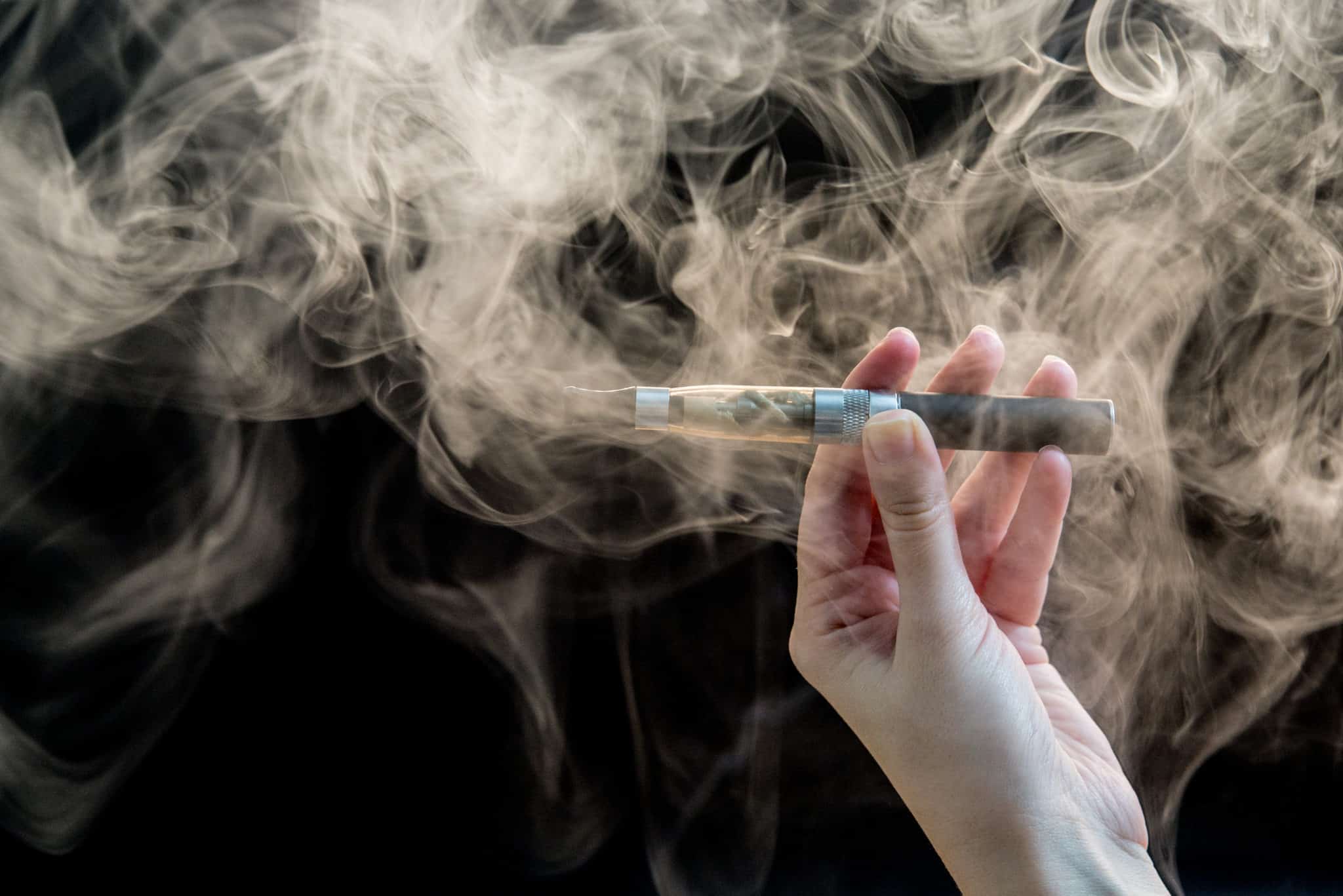
There has been an absolute explosion of popularity for E-Cigarettes over the last few years, with a brand such as Juul becoming a household name – the Marlboros of a new generation. Coming in all shapes and sizes, from those that mimic the look of traditional cigarettes, to the sleek USB drive shaped Juul model, or even larger tabletop devices closer to the look of a Hookah pipe. In essence they all serve the same function: vaping.
Presented as a “healthier alternative to smoking” in the current health conscious zeitgeist E-Cigarettes have given a resurgent “cool factor” to smoking and hence an increased acceptability. It has be noted that due to various companies aggressive advertising and specifically through social media marketing campaigns which target youth, teenagers have responded overwhelming positively to these tactics.
There are accusations that these marketing tactics are targeting youth in an effort to create an entirely new generation of smokers. This has been accomplished in part through a mixture of enticing flavours and hip, modern, device designs such as Juul – but a large factor is advertising it as a healthier alternative to cigarettes. This is dangerous territory. With cigarettes it took many years of research to definitively show the ways in which they negatively affect health, with E-Cigarettes we simply don’t know the potential long term harms. Reports of a form of bronchitis known as “popcorn lung” have begun to emerge and we have just seen the first reports of deaths attributed directly to E-Cigarette use. It has been reported that as many as 40 deaths are directly linked to vaping.
The flavours have been approved for food consumption, but no testing has been done as to how the flavours are affected when heated and inhaled. Just recently, a potential toxin has been discovered in vaping – vitamin E acetate. It is sticky like honey and clings to lung tissue and may be the culprit. In addition, it is speculated that pesticides and untested dilutants may be the cause of ill health in those vaping.
With many E-Cigarette products there is at least some quantity of nicotine, which, while common knowledge, is worth stressing is a harmful and highly addictive drug. While there may not be the same mixture of other chemicals found in tobacco smoke, because of the lack of a filter, there is little to no nicotine loss. Juul for example, use “Juul pods”, one of which contains about the same amount of nicotine as a pack of cigarettes. People have been known to smoke a whole Juul in one go, which would be like smoking a whole pack of cigarettes at one time. Juul specifically has advertised itself as a safe alternative to cigarettes and has even gone so far as to suggest that it is an effective way to quit smoking. Neither of these claims are currently supported by any hard research.
The other major issue that has arisen comes down to the devices. There have been a number of cases of E-Cigarettes malfunctioning in people’s pockets, as well as, even more frighteningly, cases of combustion while smoking, causing disfiguring injuries to individual’s faces, mouths and other body parts. There is even a recorded incident of an E-Cigarette exploding in bed which of course is no different than a stray cigarette being smoked in bed causing a fire. As consumer products, there is always a danger that they can be defective.
In addition to the loosely regulated mainstream of the market there also exists a black market of products. Since the devices operate on batteries, people will often replace the factory battery with cheap, unsafe and unapproved replacements, leading to increased risks of malfunction. On the E-Liquid side of things (contained in “pods” for Juul) individuals have been known to buy cheap, unapproved ”counterfeit” versions, or even in some cases to make their own, which would be untested and without “industry safeguards” as they may be.
While E-Cigarettes are still more or less in their initial stages, it is already becoming apparent that they are addictive, can cause significant health problems and can be dangerous. Already there have been lawsuits started in respect of injuries and damages sustain by individuals using these products. If you have sustained an injury or have been harmed by using one of these products please contact me, Michael Henry, either by phone at 416-361-0889 or by email at mjhenry@hshlawyers.com






